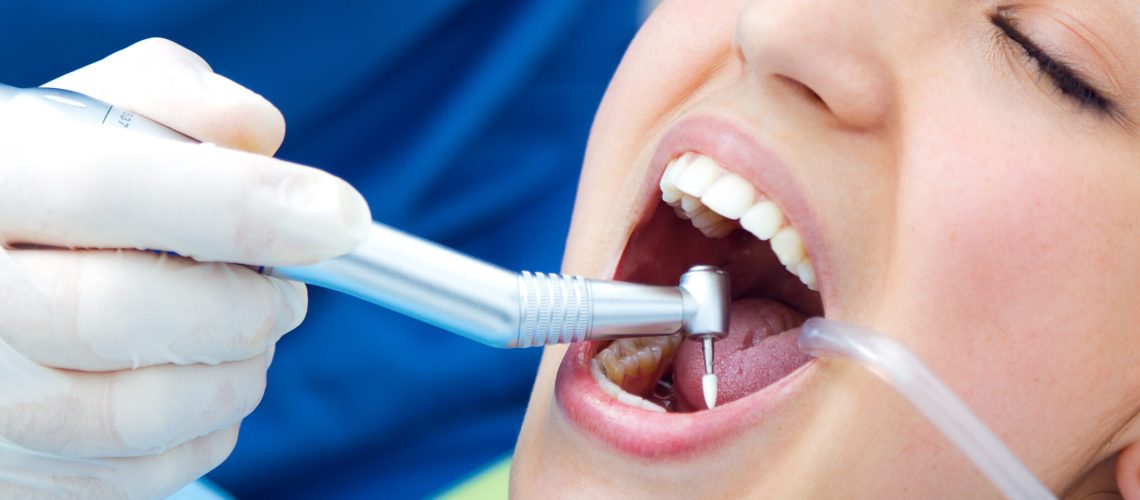Welcome to our dental blog, where we bring expert insights on oral health! Today, we’re diving into tooth extractions – a procedure that may sound daunting but is sometimes necessary for maintaining optimal dental health. Whether you’ve experienced a tooth extraction or are simply curious about why and when it’s needed, this article will provide valuable information to help you understand this common dental procedure. So sit back, relax, and explore the world of tooth extractions together!
What Are The Most Common Reasons For Tooth Extractions?
Tooth extractions may be necessary for various reasons, and while it is always a last resort, there are times when removing a tooth becomes the best course of action. Here are some of the most common reasons why tooth extractions are performed.
Severe Decay: When tooth decay reaches an advanced stage and compromises the structure or function of a tooth, extraction may be required to prevent further damage or infection.
Impacted Wisdom Teeth: Wisdom teeth often don’t have enough space to erupt properly, causing them to become impacted (trapped) in the jawbone. Extraction may be necessary if they are causing pain, crowding other teeth, or leading to infections.
Gum Disease: Advanced gum disease can cause severe damage to the supporting tissues and bones around your teeth. In cases where these structures cannot be restored through treatment, extraction may be needed.
Orthodontic Treatment: Sometimes, overcrowding of teeth can make it difficult for orthodontic treatments like braces to straighten your smile effectively. Extracting one or more teeth creates space for proper alignment in such cases.
Trauma Or Injury: If a tooth is severely fractured or damaged due to trauma or injury—such as from sports accidents—it may not be possible to save it with restorative procedures like fillings or root canals.
Remember that every situation is unique and requires professional evaluation by a dentist before determining whether an extraction is necessary.
When Is It Necessary To Have A Tooth Extracted?
When it comes to tooth extractions, there are several reasons why they may be necessary. One common reason is severe tooth decay that cannot be treated with a filling or root canal. In cases where the decay has reached the innermost part of the tooth, known as the pulp, extracting the tooth may be the only option to prevent further infection and damage.
Another reason for extraction is advanced periodontal disease. When gum disease reaches an advanced stage and causes significant damage to the supporting structures of a tooth, such as bone and ligaments, extraction may be necessary to preserve oral health.
Impacted wisdom teeth also often require extraction. If left untreated, these third molars can become trapped beneath the gums and cause pain, infection, and shifting of other teeth. Removing impacted wisdom teeth not only alleviates discomfort but also helps prevent future dental problems.
Furthermore, orthodontic treatment sometimes necessitates extractions. In certain cases where there is overcrowding or misalignment of teeth that cannot be corrected solely through braces or aligners, removing one or more teeth can create space for proper alignment.
In some situations, trauma or injury to a tooth may make extraction unavoidable. If a tooth is severely fractured beyond repair or knocked out completely from its socket due to an accident or sports injury, extracting the damaged tooth might be necessary for cosmetic and functional reasons.
Whether it’s due to extensive decay, periodontal disease complications, impacted wisdom teeth issues, orthodontic needs, or traumatic injuries, a dentist will carefully evaluate each case individually before recommending a tooth extraction procedure
to ensure it’s truly necessary to preserve your oral health and wellbeing
How Is A Tooth Extraction Performed?
Tooth extractions are commonly performed by dentists or oral surgeons. The procedure starts with administering local anesthesia to numb the area around the affected tooth. This ensures that you won’t feel any pain during the extraction.
Once you are properly numbed, the dentist will use special dental instruments to loosen and remove the tooth from its socket in your jawbone. Sometimes, an incision may be necessary to access a deeply impacted or damaged tooth.
After removing the tooth, your dentist may need to place stitches to close any incisions made during the procedure. Gauze pads are then used to help stop bleeding and promote blood clotting.
The recovery process after tooth extraction can vary depending on factors such as age, overall health, and complexity of the extraction. It’s important to follow post-operative instructions provided by your dentist for optimal healing.
Sometimes, your dentist may recommend replacing the extracted tooth with dental implants or bridges to restore functionality and aesthetics.
Remember that every case is unique, so it’s essential to consult with your dentist if you have concerns about getting a tooth extracted or need more information about post-extraction care.
The Bottom Line
Tooth extraction is a common dental procedure that may be necessary for various reasons. Whether it’s due to severe decay, infection, overcrowding, or trauma, extracting a tooth can help alleviate pain and prevent further complications.
When considering the need for tooth extraction, it is important to consult your dentist, who will assess your situation and recommend the most appropriate course of action. They will carefully evaluate factors such as the condition of the affected tooth and its impact on surrounding teeth and overall oral health.
So take care of your teeth – they’re meant to last a lifetime! And if ever faced with a situation where extraction becomes necessary, rest assured knowing that modern dentistry has you covered.

